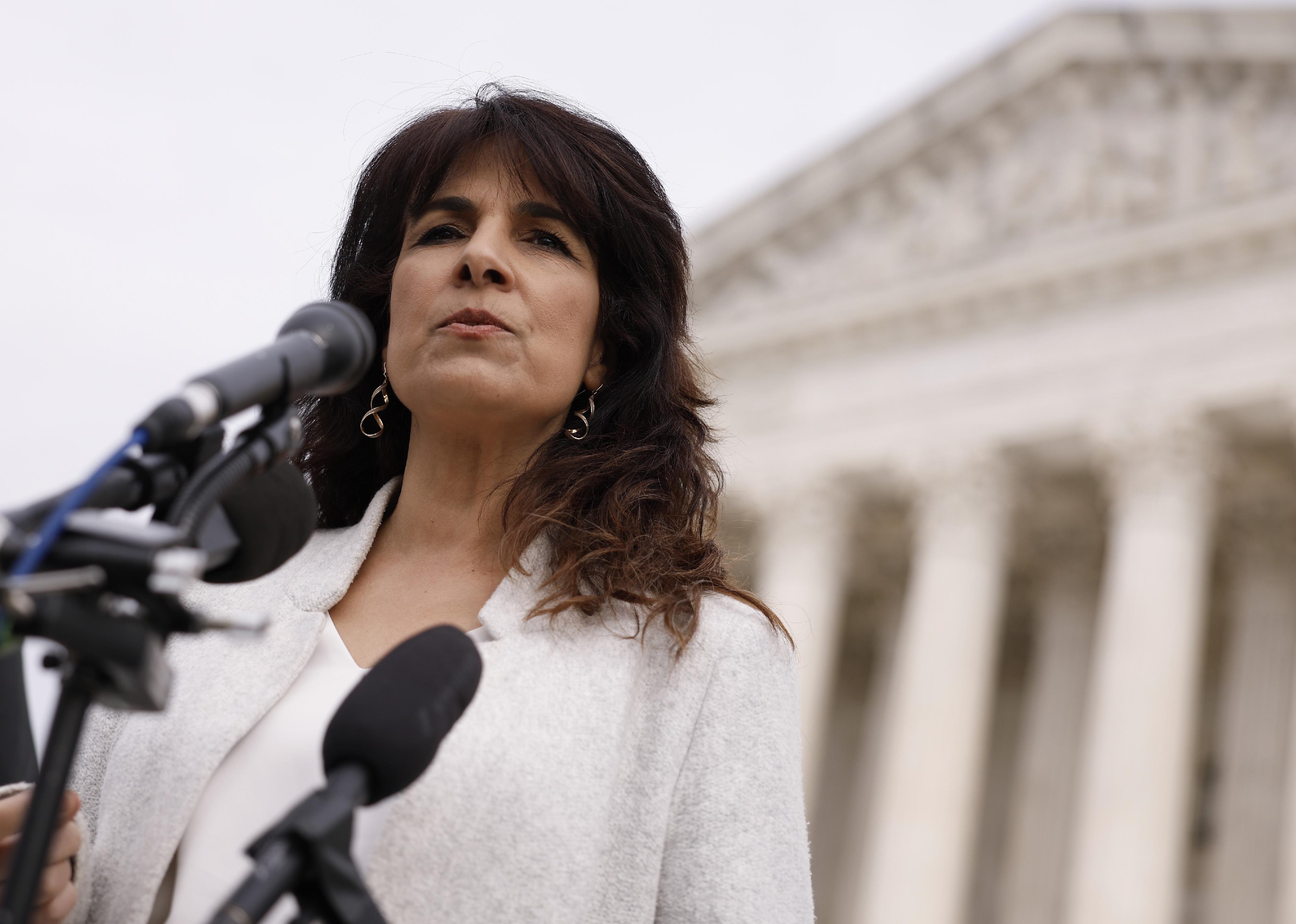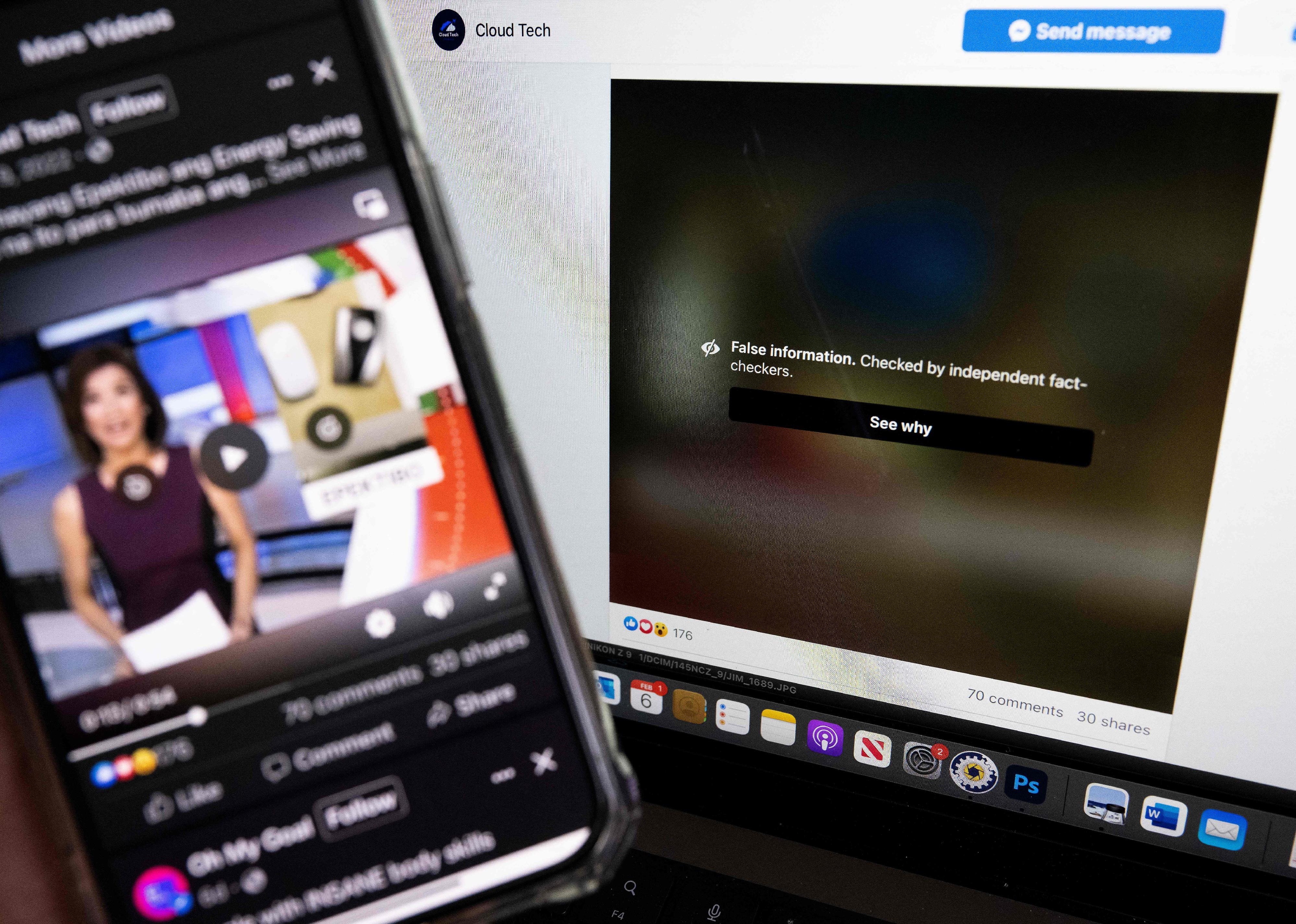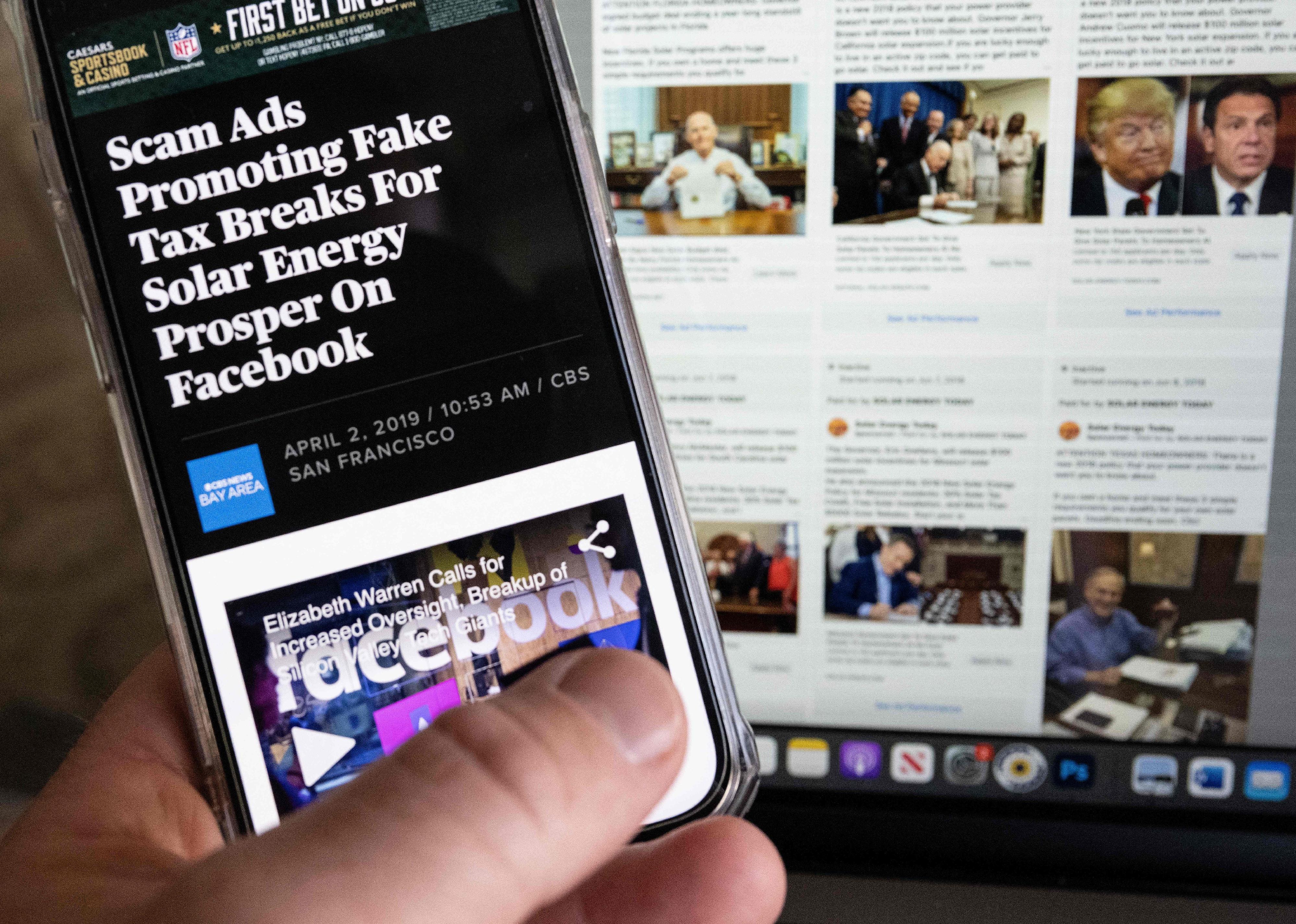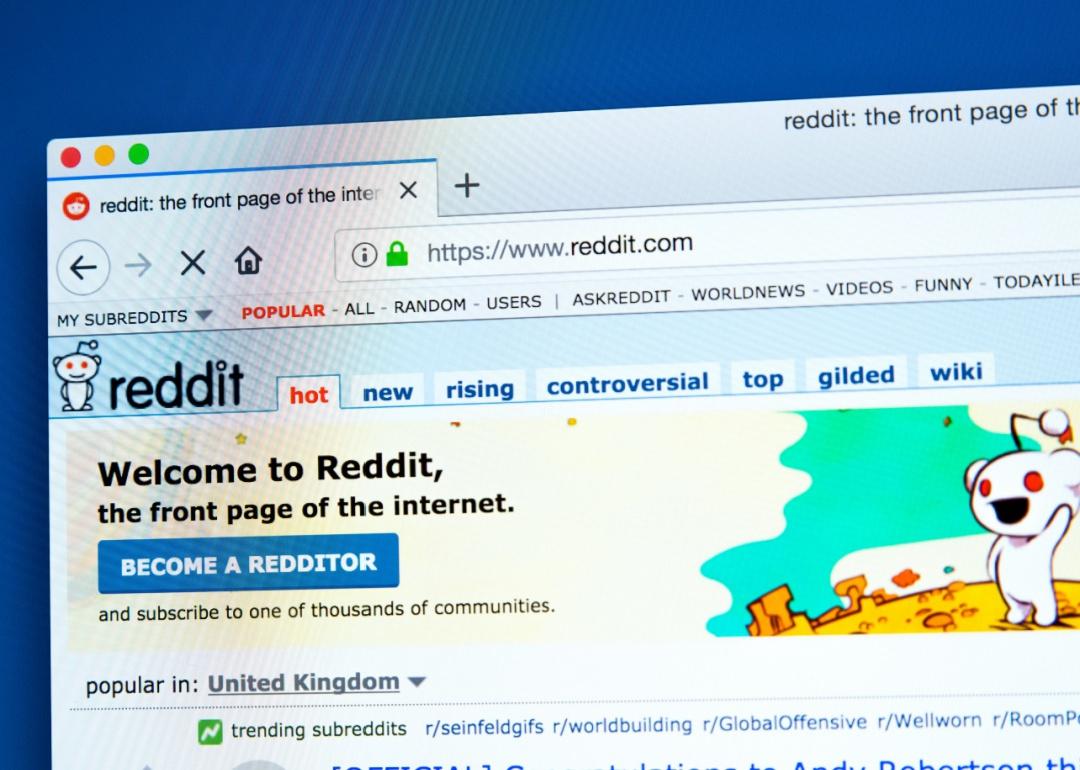The impact of changing liability on the social media experience
Anna Moneymaker // Getty Images
The impact of changing liability on the social media experience
An attorney speaking outside the US Supreme Court building.
In February 2023, two cases were argued in front of the Supreme Court that could change how social media is used forever. The first case was Twitter v. Taamneh, in which SCOTUS is being asked to decide whether a social media company’s general knowledge that terrorist content is on its site is enough to determine whether the company aided and abetted terrorist actions. This case challenges how Section 2333 of the Anti-Terrorism Act is currently being interpreted.
The second case, Gonzalez v. Google, challenges protections provided by Section 230 of the Communications Decency Act, one of the few laws that directly address free speech online. The case asks whether social media companies can be held liable for the information hosted on their sites and, more specifically, the information their algorithms recommend to users.
Decisions for both cases are expected to be handed down sometime during the summer of 2023. In advance of those announcements, Stacker spoke with expert Aaron Mackey of the Electronic Frontier Foundation and, consulting government sources, investigated how Supreme Court decisions and changes to Section 230 might impact social media companies, their users, and people’s ability to disseminate sensitive information.
You may also like: History of the US justice system
![]()
Chinnapong // Shutterstock
What is Section 230?
A phone screen on the Facebook login page.
“No provider or user of an interactive computer service shall be treated as the publisher or speaker of any information provided by another information content provider.”
That sentence from Section 230 sums up the gist of the law, which was passed in 1996. Essentially, the host of a website online—be it a small blog or tech giant—cannot be held liable for the content published on that site by other people or entities. For example, if an individual posts a libelous comment on Facebook, that individual can be sued for libel, but Facebook’s parent company, Meta, cannot.
Currently, this protection of information hosts allows for increased free speech online. Website hosts, such as social media companies, don’t have to worry about being legally liable for their users’ actions, giving users more leeway with the type of content they can post. This protects not only the ability for people to use social media as they please but, more consequentially, encourages the widespread sharing of important information that may be sensitive. This could include first-person accounts of protests, reporting about acts of terrorism, discussions about police brutality, and much more.
JIM WATSON/AFP // Getty Images
How will social media change for users if protections shrink?
A phone screen open to a social media story with a computer screen in the background showing a blocked content screen.
EFF’s Aaron Mackey did not mince words on the swiftness and surety of the immediate impact, telling Stacker, “The rules of the internet will be written by lawyers concerned about liability, rather than by the platforms trying to provide diverse and new ways to allow users to create content.”
This shift in perspective, as well as legal bearing, concerning content curation could have widespread impacts on the end-user experience. According to Mackey, this might include more posts being taken down, increased content warnings or flags, delays in posts becoming public so they can be reviewed in-depth, and a large share of the type of content that currently lives on social media not being allowed at all.
JIM WATSON/AFP // Getty Images
What could this mean for information sharing?
A phone and computer screen showing Facebook scam ads.
If protections for social media companies wane, they will likely change their moderation tactics to filter out any information that may cause a lawsuit. As a result, it may become harder to share information about sensitive topics.
As Mackey explained: “[We’re] talking about specifically news events, journalism, basic sharing of real-world, horrible things that have happened. We’re talking about the ability of human rights organizations to document atrocities because all of those could be construed as … distributing the speech of a terrorist organization or otherwise aiding and abetting [instead of] having their message come across that someone is reflecting and documenting the reality of the fact that there are terrorist organizations in our world and that they commit horrible acts of terror.”
chrisdorney // Shutterstock
How might this impact decentralized forms of social media?
A computer screen open to the Reddit home page.
Though it’s impossible to know the exact outcome of a decision before it is made, Mackey explained that the liability for content may fall on the moderators of specific groups on sites like Reddit and Mastodon. In response to Elon Musk’s purchase of Twitter, many users have migrated to such platforms to build their communities outside of Twitter’s volatility, causing an unexpected burst of growth. However, because these platforms are not centralized, moderators receive no training or compensation for their work.
Moreover, in the wake of decreased protections, these moderators could be sued if inappropriate or potentially dangerous content was found on their servers. “What are the incentives to even continue being a moderator for Reddit or to spin up a server on Mastodon?” Mackey posited. “I think there are legitimate questions about whether someone will feel like it’s worth their risk to do that without taking steps and having resources that make [the platforms] look more like a centralized, large-scale platform.”




